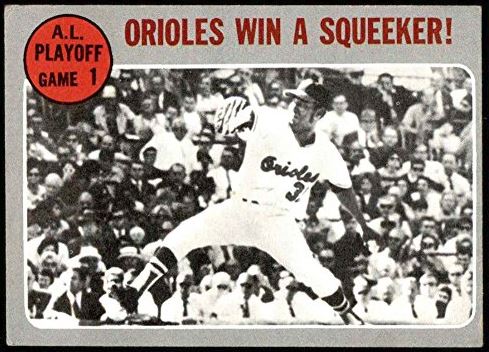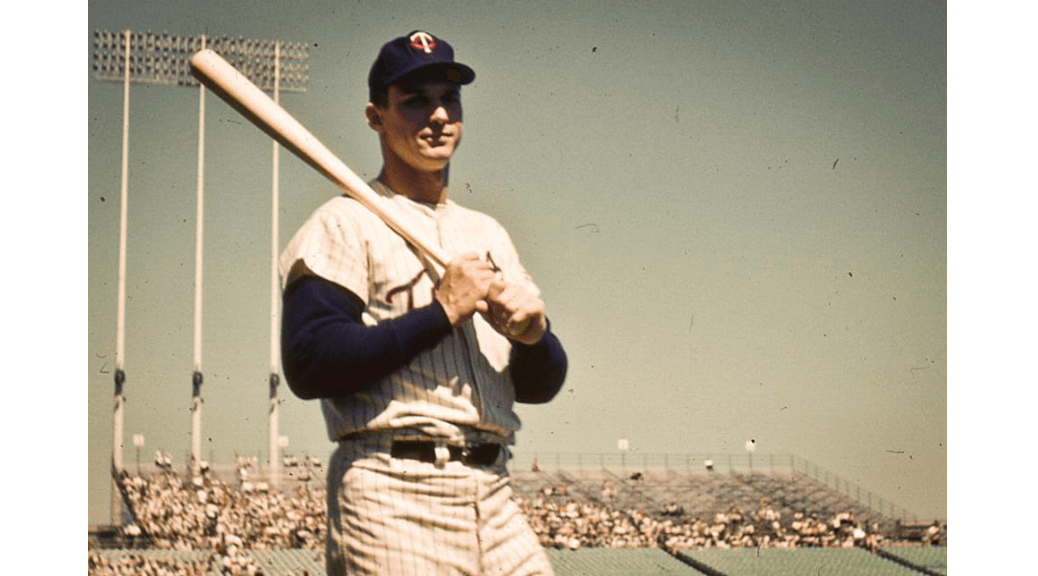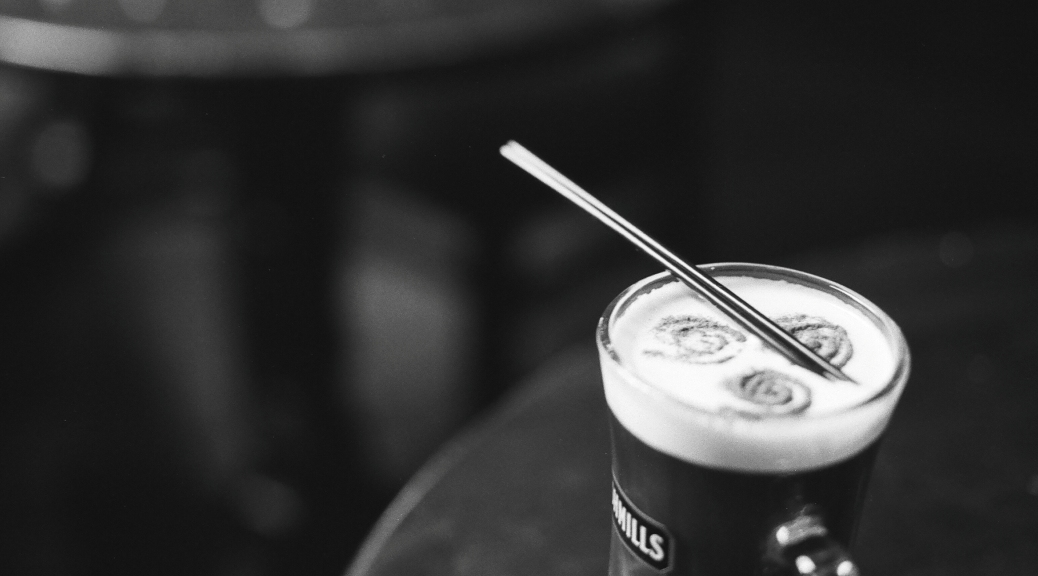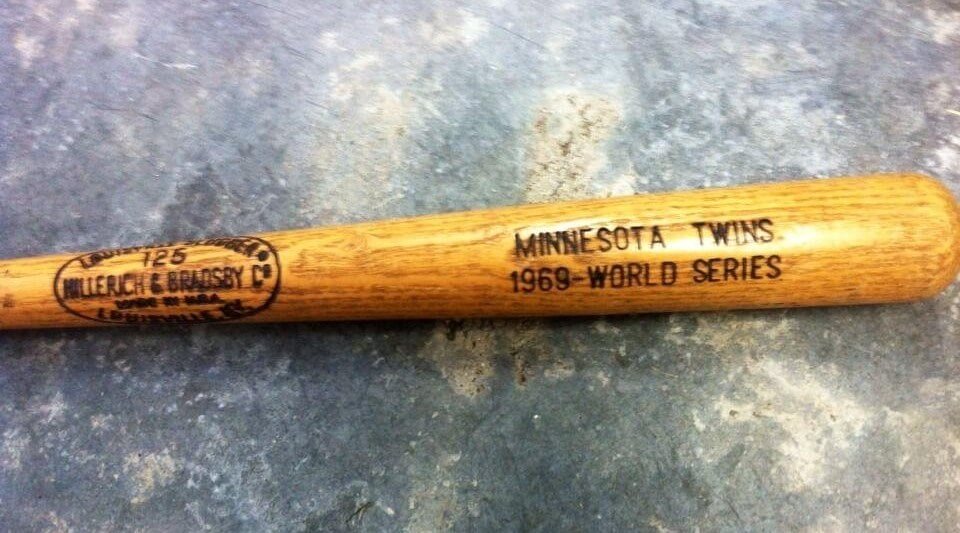BALTIMORE 4, MINNESOTA 3 IN BALTIMORE (12 INNINGS)
Batting stars: Tony Oliva was 2-for-5 with a home run and a double, scoring twice and driving in two. Harmon Killebrew was 0-for-2 with three walks. The Twins had only two other hits.
Pitching stars: Jim Perry pitched eight innings, giving up three runs on six hits and three walks and striking out three. Ron Perranoski pitched 3.2 innings, giving up one run on four hits and no walks and striking out one.
Opposition stars: Brooks Robinson was 4-for-5. Boog Powell was 2-for-5 with a home run. Frank Robinson was 1-for-3 with a home run and two walks. Mike Cuellar pitched eight innings, giving up three runs (two earned) on three hits and a walk and striking out seven.
The game: Neither team really threatened until the bottom of the fourth, when Frank Robinson homered to give the Orioles a 1-0 lead. The Twins got the run back in the fifth. Oliva led off with a double-plus-error, putting him on third base, and scored on a sacrifice fly by Bob Allison. But Baltimore went back into the lead in the bottom of the fifth when Mark Belanger hit a home run.
The Twins took their first lead of the game in the seventh. With one out, Killebrew walked and Oliva followed with a two-run homer that made it 3-2 Minnesota. The Twins had a chance to add to their lead in the ninth. Well, they had a chance to add to it in the seventh and eighth, too, but they actually put together a threat in the ninth. Cesar Tovar led off with a walk and stole second. Rod Carew struck out, but Killebrew walked to put men on first and second with one down. But Oliva struck out and Allison popped up, ending the threat.
It cost the Twins, because Powell led off the ninth with a home run to tie the score 3-3. Brooks Robinson followed with a single-plus-error, chasing Perry from the game and bringing in Perranoski. The Orioles had men on second and third with two out and Merv Rettenmund up to bat, but Robinson was caught stealing home to end the inning.
It went to extra innings. Baltimore got a pair of one-out singles in the eleventh, but Chico Salmon lined to right and Dave Johnson hit into a forceout. In the twelfth, Killebrew led off with a walk and Ted Uhlaender hit a one-out single. A wild pitch moved men to second and third and led to an intentional walk to Rich Reese, loading the bases. But Leo Cardenas struck out and Johnny Roseboro flied to right, and the game remained tied.
The Orioles ended it in the next half-inning. Belanger led off with an infield single. A bunt moved him to second, a ground out put him on third, and Paul Blair laid down a bunt single to give Baltimore the victory.
WP: Dick Hall. LP: Perranoski. S: None.
Notes: The Twins decided to start Allison in left and George Mitterwald behind the plate, despite the fact that Uhlaender and Roseboro, respectively, had manned those positions most of the season. Uhlaender came in for defense in the ninth. Roseboro pinch-hit for Mitterwald in the twelfth and remained in the game at catcher.
Perranoski was in his fourth inning of work when the game ended. That's a lot for a reliever, but he had pitched that long and even longer on occasion during the season. Plus, the two hits he gave up in the twelfth were an infield single and a bunt single, so it's not like he was getting smoked. The infield single was hit to third--possibly a better defender would have turned that into an out, although I don't know that. The play-by-play does not tell me where the game-ending bunt was hit.
Mark Belanger beating out an infield single is something Mark Belanger can do. Mark Belanger hitting a home run is aggravating. He hit a grand total of two all season and had twenty in an eighteen-year career. His career high was five in 1974. And then he hits a home run to put the Orioles ahead. As they say, that's baseball.
The Baltimore bullpen was clearly superior to that of the Twins. They had Dick Hall, Dave Leonhard, Pete Richert, and Eddie Watt, all of whom had ERAs less that 2.50 and WHIPs of less than 1.25, mostly a lot less. By contrast, the only Twins reliever to meet those criteria was Perranoski. Bob Miller was close in the WHIP department at 1.26. Thus, the Orioles had four excellent relievers to use in extra innings, while the Twins basically had Perranoski and pray for rain.
Record: The Twins trailed the best-of-five series 1-0.









